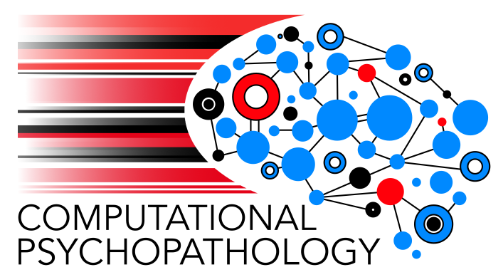The Computational Psychopathology Research Group is a collaborative network of researchers united by a shared interest in unraveling the intricacies of the human brain and mind. Our research focuses on attention, learning, and behaviour patterns in both healthy individuals and those grappling with psychological disorders. By delving into these areas, we aim to enhance our comprehension of risk factors, causes, and ultimately contribute to more effective prevention and intervention strategies.
Furthermore, we are dedicated to unraveling the dynamics of human empowerment, self-determination, and autonomy. Our investigations delve into the factors influencing individual perceptions of control in individual and group settings. We employ adaptive and innovative causal modeling techniques to decipher the underlying factors impacting the learning process. Subsequently, we analyse how model parameters shift to account for behaviours that deviate from the norm.
Furthermore, we are dedicated to unraveling the dynamics of human empowerment, self-determination, and autonomy. Our investigations delve into the factors influencing individual perceptions of control in individual and group settings. We employ adaptive and innovative causal modeling techniques to decipher the underlying factors impacting the learning process. Subsequently, we analyse how model parameters shift to account for behaviours that deviate from the norm.
AIMS
- To study attention, learning and behaviour in healthy people and vulnerable groups, in order to better understand risk and aetiology, and inform prevention and intervention;
- To develop human models of causal empowerment, self determination and autonomy via studying the sense of agency in individual and group settings;
- To study how learning shapes the brain leading to inactive and powerless people;
- To work with the public and private sector to advance these goals.





















